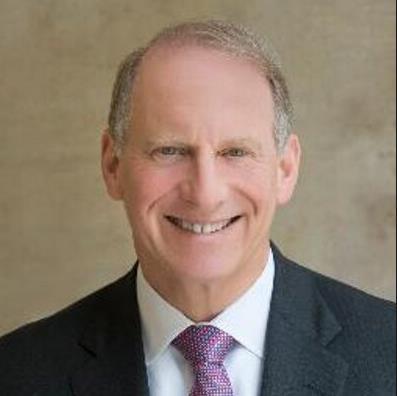US should consider direct talks with N. Korea for nuclear freeze deal: CFR president
By KH디지털2Published : March 28, 2017 - 09:39
WASHINGTON -- The United States should consider opening direct talks with North Korea to curb its nuclear and missile development, with the initial goal of freezing the weapons programs in exchange for the relaxing of sanctions, a major US think tank chief said.
Richard Haass, president of the Council on Foreign Relations, made the suggestion in an article in the Project Syndicate, saying that time is running out on the issue, and options other than diplomacy, including the use of military force, aren't practical.
Making a good-faith diplomatic effort would legitimate the use of force in case diplomacy fails, he said.
Richard Haass, president of the Council on Foreign Relations, made the suggestion in an article in the Project Syndicate, saying that time is running out on the issue, and options other than diplomacy, including the use of military force, aren't practical.
Making a good-faith diplomatic effort would legitimate the use of force in case diplomacy fails, he said.

"The US could offer ... direct negotiations with North Korea," Haass said. "Once talks commenced, the US side could advance a deal: North Korea would have to agree to freeze its nuclear and missile capabilities, which would require cessation of all testing of both warheads and missiles, along with access to international inspectors to verify compliance."
Under the deal, the North should also commit not to transfer any nuclear materials beyond its borders, he said.
"In exchange, the US and its partners would offer, besides direct talks, the easing of sanctions. The US and others could also agree to sign, more than 60 years after the end of the Korean War, a peace agreement with the North," he said.
The North could be allowed to keep its nuclear option on condition it's banned from executing it, he said.
Concerns about Pyongyang's human rights abuses should not be pressed at an early stage of negotiations, although normalization of relations should require resolution of the human rights problem and complete dismantlement of the North's nuclear program, he said.
Haass also said that there should be a limit on the concessions the US can offer.
"There can be no end to regular US-South Korean military exercises, which are a necessary component of deterrence and potential defense, given the military threat posed by the North.
For the same reason, any limits on US forces in the country or region would be unacceptable," he said.
Negotiations must take place within a fixed time period to prevent the North from abusing the talks, he said.
"Could such an approach succeed? The short answer is 'maybe.'
China's stance would likely prove critical. Chinese leaders have no love for Kim Jong-un's regime or its nuclear weapons, but it dislikes even more the prospect of North Korea's collapse and the unification of the Korean Peninsula with Seoul as the capital," Haass said.
In order to persuade China to use its considerable influence with the North, the US should offer some reassurances that it would not exploit Korea's reunification for strategic advantage, while warning China of the dangers North Korea's current path poses to its own interests, he said.
"There is no guarantee that diplomacy would succeed. But it might. And even if it failed, demonstrating that a good-faith effort had been made would make it less difficult to contemplate, carry out, and subsequently explain to domestic and international audiences why an alternative policy, one that included the use of military force, was embraced," Haass said. (Yonhap)


















